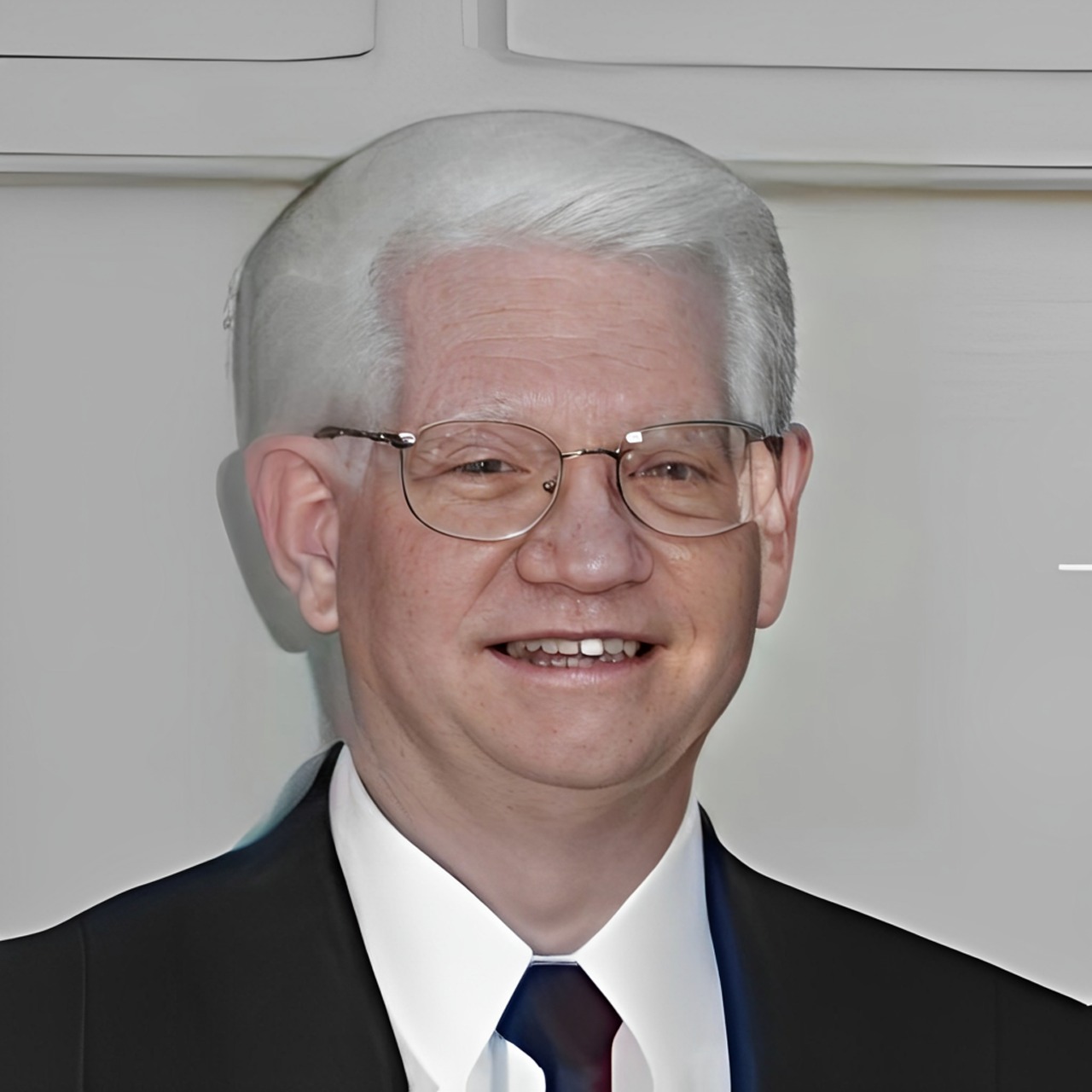Dr. Dave Cooper begins with a fresh invitation: Imagine Spock’s legendary self-control guiding you beyond everyday struggle. Right away, he bridges Star Trek’s Vulcan ritual with our own journey toward lasting change. In clear, friendly language, he shows how the Kolinahr Discipline can help anyone recognize sin’s subtle grip and replace it with habits that honor God.
Cooper, as a mature pastor and scholar, uses an interesting narrative to provide personal stories, easy checklists, and helpful prayers. At the end of his book, the readers will not only be intrigued but also motivated to continue reading how ancient truths and pop-culture coolness can make a difference in their daily lives.
Dr. Dave Cooper is a theologically trained counselor with decades of experience serving a variety of people, including small rural communities to large urban societies. He has a Master’s degree in biblical studies, but he does not use these degrees to impress his readers, but to bring the Scripture into comprehension form.
Indeed, Cooper frequently mentions the day he first realized that culture and faith could go hand in hand, the day a conversation about Star Trek had him realize that it has similarities to spiritual discipline. Since that time, he has been on a special quest: the demonstration that our favorite tales can open new doors to God’s unchanging truths.
In addition to writing The Kolinahr Discipline to share his own experience, he also wanted to provide others with tools they could use to improve. Cooper uses simple examples and candid reflections to call all people —believers since childhood or those who have recently discovered a new interest in the subject —to walk boldly into a life of grace and self-control.
Based on that personal touch, Cooper then unveils the core of his message: the Kolinahr ritual as a guide to the overcoming of sin. He explains that just as Spock pursued pure logic by shedding emotion, we too can pursue spiritual purity by shedding destructive habits.
To make this idea practical, he splits the journey into twelve distinct phases, starting with noticing the initial signs of temptation to rejoicing in long-term change. In the process, he provides the text with compelling examples to which his readers can relate: a young mother who traces her impatient thoughts, a businessman who struggles with pride, and a student who learns how to replace anxiety with prayer.
In addition, Cooper anchors each chapter in Scripture, providing brief yet powerful studies that connect ancient passages to modern life. He even provides reflection questions and simple checklists so that readers can move beyond theory into real action. Cooper makes a lofty ritual accessible, combining vivid pop-culture imagery, simple-to-follow steps, and biblical underpinnings. Readers, therefore, are able to understand what to change and how to change it almost simultaneously, which makes the book inspiring and directly helpful.
Cooper’s clever use of Star Trek brings fresh energy to his teaching. It is not a mere name-dropping of Vulcans, but he demonstrates how Spock is driven by logic to its logical conclusion of the necessity of sin cleansing, which we too require. As an illustration, he recounts the incident where Spock narrowly escapes losing himself, only to regain his composure with the help of strict discipline.
In the same way, Cooper challenges us to notice those breaking points in our own lives when impatience or envy intrude, and to initiate spiritual practices that will re-center us. Moreover, he notes that the heroes of science fiction novels also have internal conflicts and struggles that we also have, so our struggles appear to be ordinary and accessible to us.
He adds in lively cinema scenes and the ordinary tales of a student gasping through anxiety or a parent hesitating before a vicious remark to make the ride as thrilling as a space journey. This makes readers feel understood and empowered to overcome their individual fight with new hope.
Cooper then guides us into the core themes that drive lasting change. First, he discusses how self-awareness makes all the difference: by naming patterns of sin, such as gossip or greed, we shed light on hidden habits. Then he discusses true repentance, stating that being sorry means turning away from past actions and taking new directions. He provides easy exercises to facilitate this change, such as taking note of temptation moments and writing a short prayer of submission afterward.
Lastly, he emphasizes transformation, which is the fact that we grow when we discard our bad habits and adopt healthy ones, such as replacing a complaining attitude with an attitude of gratitude or worrying with scripted breather prayer breaks. Checklists and reflection questions provided by Cooper on the way help us remain honest, and the positive voice makes us sure that each small win takes us a step closer to freedom.
Dave Cooper’s book “The Kolinahr Discipline” is now available in paperback and e-book formats from major online retailers including Amazon and Barnes & Noble. You can find more information about him on his website: www.davecooperbook.com

